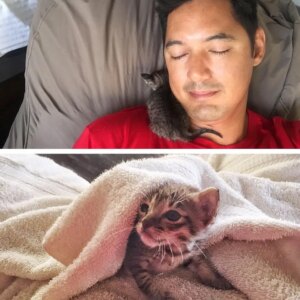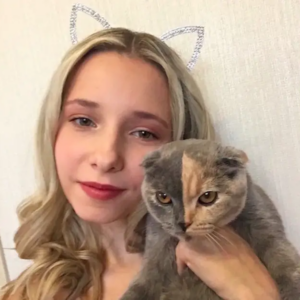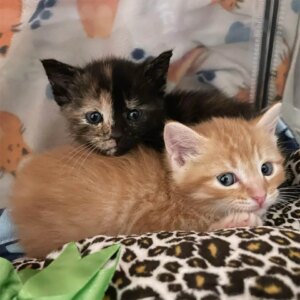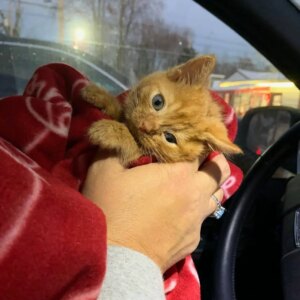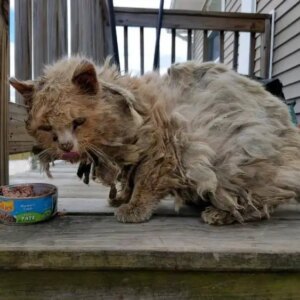As a responsible cat owner, choosing the right cat nutrition food is a critical decision.
With a plethora of options available, making the right decision can feel overwhelming.
In this article, we will delve into the world of cat food, exploring the different types of cat food available, including dry and wet food, homemade options, as well as specialized nutrition for senior cats, overweight cats, or cats with specific health conditions.
Get ready to make an informed decision that will keep your cat healthy and happy!
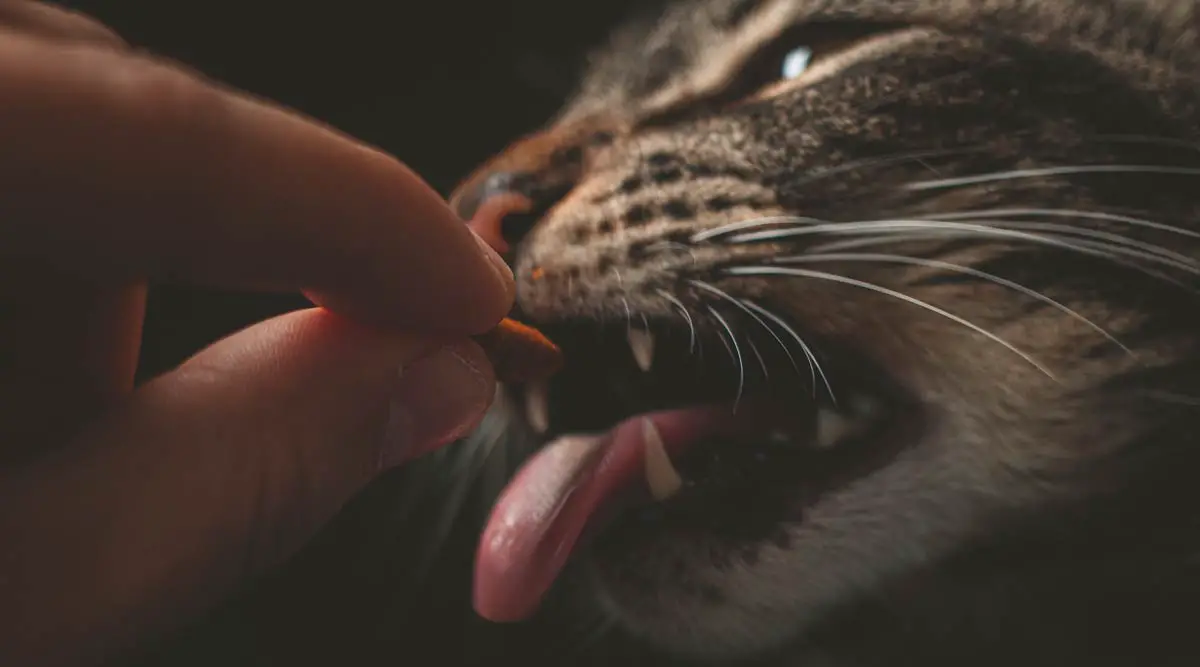
1. Dry or Wet Food: Which is Best for Your Cat?
One of the first decisions you’ll need to make when choosing cat food is whether to opt for dry food, wet food, or a combination of both.
Dry food is typically more affordable and has a longer shelf life, making it convenient for cat owners. It also helps promote dental health by reducing plaque and tartar buildup.
Wet food, on the other hand, has a higher moisture content, which can help with hydration, especially for cats that don’t drink enough water. It’s also typically more palatable for cats due to its smell and taste, making it a good option for picky eaters or senior cats with dental issues.
The best choice for your cat will depend on various factors, such as your cat’s age, health condition, and preferences. Many cat owners choose to feed their cats a combination of dry and wet food to provide a well-rounded diet that meets their cat’s nutritional requirements.
2. Homemade Cat Nutrition Food: Pros and Cons
Another option to consider is homemade cat food. Some cat owners prefer to prepare their cat’s meals at home, as it allows them to have full control over the ingredients and quality of the food.
However, homemade cat food requires careful planning and attention to ensure that it meets all of your cat’s nutritional needs.
Cats have specific dietary requirements that may be challenging to meet with homemade meals alone, so it’s essential to consult with a veterinarian or a veterinary nutritionist to ensure that your cat is getting a balanced diet.
3. Specialized Nutrition for Senior Cats, Overweight Cats, and Cats with Health Conditions
Depending on the cat’s age, its nutritional needs may change.
Senior cats may require specialized nutrition to support their joint health, kidney function, and digestive system.
Overweight cats may need a weight management formula that helps them maintain a healthy weight.
Cats with specific health conditions, such as diabetes, urinary tract issues, or food allergies, may require special diets that address their specific needs. It’s crucial to consult with your veterinarian to determine the appropriate cat food for your cat’s unique requirements.
4. Understanding and Decoding Cat Food Labels
When selecting cat food, it’s essential to carefully read and understand the labels.
Look for cat foods that are labeled as “complete and balanced,” which means they meet the minimum nutritional requirements set by the Association of American Feed Control Officials (AAFCO).
The labels should also specify the life stage or condition the food is designed for, such as “kitten,” “adult,” “senior,” “weight management,” or “sensitive stomach.” Additionally, check the ingredient list to ensure that the cat food contains high-quality protein sources and avoids fillers, artificial preservatives, and additives.
Choosing the right cat food is a critical decision for cat owners.
Consider your cat’s age, health condition, and preferences when deciding between dry and wet food, homemade food, or specialized nutrition for senior cats, overweight cats, or cats with specific health conditions.
Always read and understand cat food labels to ensure that you are providing your feline friend with a nutritionally balanced diet. Remember to consult with your veterinarian for personalized advice on the best cat food options for your cat’s unique needs.
With the right cat food, you can help your furry companion thrive and live a healthy, happy life.

